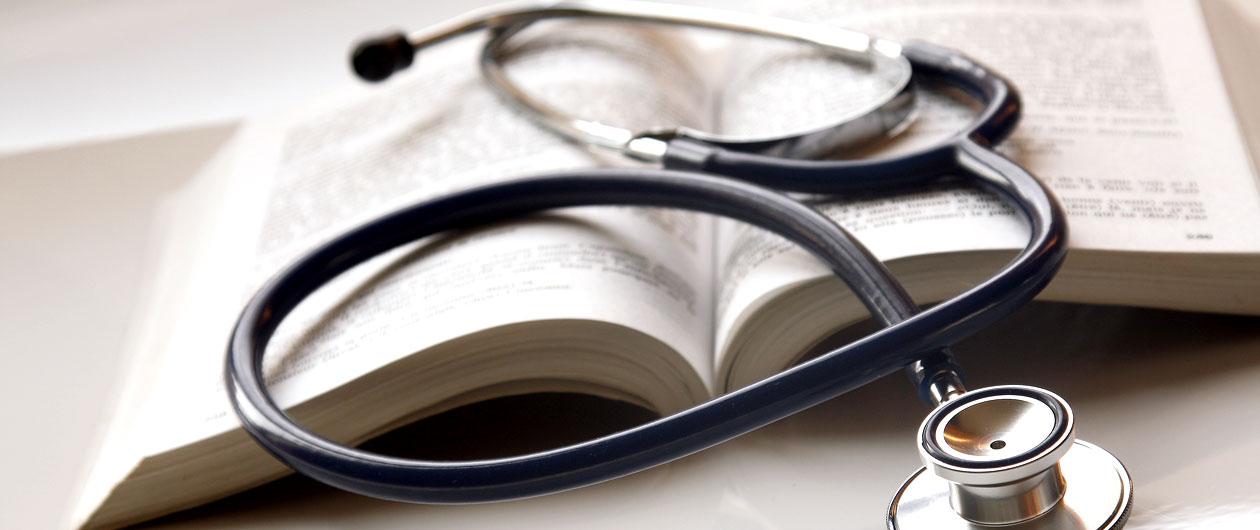Many women share a common misunderstanding regarding GYN exams and Pap smears, thinking they don’t need the former now that they’ve reach the postmenopausal stage of their womanhood. And with the recent Pap test guidelines, these misunderstandings have grown to include yearly Pap tests.
The American College of Obstetricians and Gynecologists (ACOG) recently released a committee opinion with respect to routine testing, screening and immunizations, among others, for nonpregnant females aged 13 and above.
Under its committee opinion, ACOG’s stance is that all women should undergo yearly tests and evaluation to determine their current health status, sexual behavior, nutrition and use of drugs, alcohol and tobacco, among others. Females, adolescents in particular, should also undergo yearly measurements of their height, weight, blood pressure and body mass index.
Progressive testing should also be made with regard to certain items. For instance, women should start with their yearly breast and abdominal exams by age 19. On the other hand, pelvic exams should start by age 21.
For sexually active women up to age 25, gonorrhea and Chlamydia testing should be made yearly. However, HIV screening should be commenced upon reaching 19 years old and onward.
Moreover, mammogram should begin upon reaching age 40 and should be repeated on a yearly basis upon reaching age 50.
As for Pap smears, the new ACOG guidelines provide that women may start these tests upon age 21. In addition, women under 30 should be undergoing Pap smear every two years; for 30 and above, test every two years until they get three consecutive normal results.















